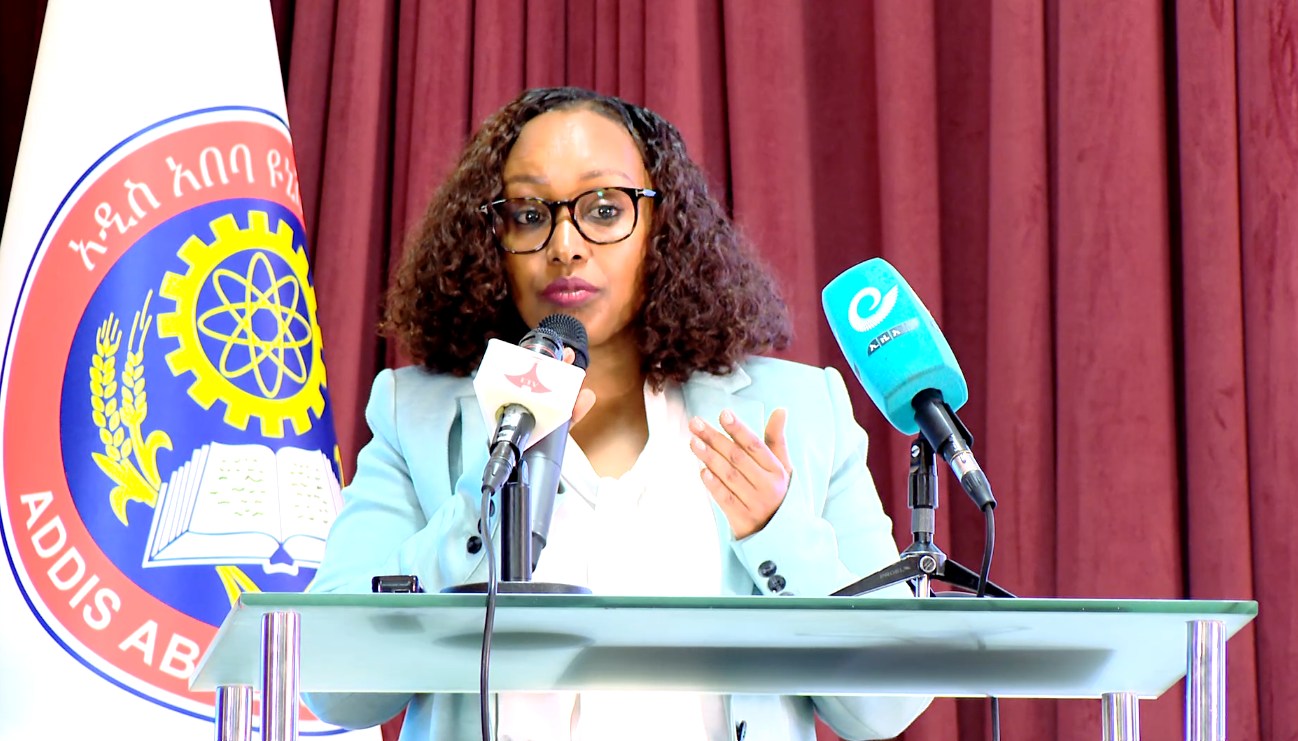Ethiopia Long Recognizes Urgency of Climate Change: Minister of Planning & Dev't - ENA English
Ethiopia Long Recognizes Urgency of Climate Change: Minister of Planning & Dev't

Addis Ababa, August 25, 2025 (ENA) -- Ethiopia has long recognized the urgency of climate change, Minister of Planning and Development Minister Fitsum Assefa said during the launch of the fifth Nairobi Summer School on Climate Justice.
The fifth edition of the Nairobi Summer School on Climate Justice (NSSCJ), an initiative pioneered by the Pan African Climate Justice Alliance (PACJA) was launched at Addis Ababa University today as a prelude to the Second Africa Climate Summit (ACS2) which Ethiopia hosts from September 8 -10, 2025.
In her remarks at the occasion, the Minister highlighted the nation's profound commitment to combating climate change, asserting that its strategy was in place long before the 2015 Paris Agreement.
She cited remarkable achievements of Ethiopia's pioneering role as a leader in global climate ambition.
Ethiopia's proactive stance on climate action is rooted in its national commitment, she said.
Fitsum noted that the country introduced its Climate-Resilient Green Economy (CRGE) Strategy back in 2011, making it a forerunner in developing a national climate plan.
This framework was designed to foster economic growth while simultaneously limiting greenhouse gas emissions and strengthening the nation's ability to withstand climate shocks, she stated.
According to the minister, the country developed climate resilient green economy strategy, long ago, long before the Paris Agreement was signed in 2011, she stated.
This strategic foresight has since been updated, with the country now finalizing its third Nationally Determined Contribution (NDC), she added.
The Minister also revealed that Ethiopia has "crafted our long-term low emission development strategy, which envisions creating a net zero economy by 2050."
Fitsum provided several concrete examples of Ethiopia's "homegrown climate actions" and "nature-based solutions."
The Green Legacy Initiative launched by Prime Minister Abiy Ahmed in 2019, has planted over 48 billion seedlings thus far, with a target of reaching 50 billion in 2026, the minister stated.
She added that this effort has "restored degraded land, reduced soil erosion, improved food security, and created green jobs."
According to her, Ethiopia’s energy sector is a cornerstone of its climate strategy.
"Ethiopia generates over 96 percent of electricity from renewable sources," she stated.
Minister Fitsum pointed to urban projects that are making cities sustainable, mentioning the promotion of "e-mobility" and the "riverside development project."
These actions, she said, "are not just some climate actions, they are foundations of a vision where development and sustainability work hand in hand."
Fitsum mentioned Africa's role in the global climate agenda.
Finally, the minister acknowledged that Africa "has not contributed that much to climate change," emphasizing that "now Africa has solutions, solutions that work, homegrown solutions."
She urged the global community to support these efforts, stating, "If the world is to come around those solutions and finance those solutions, we are ready to accept that."